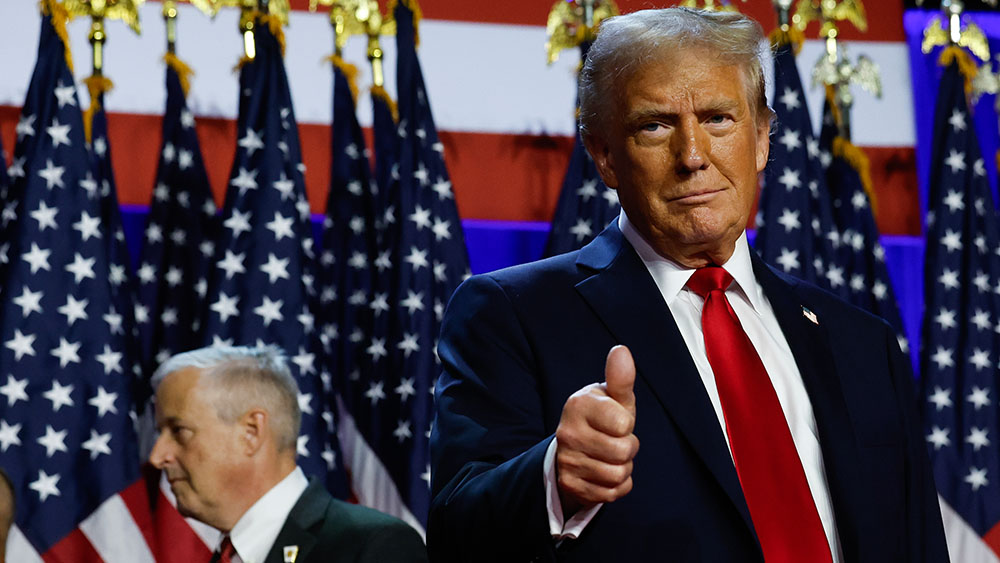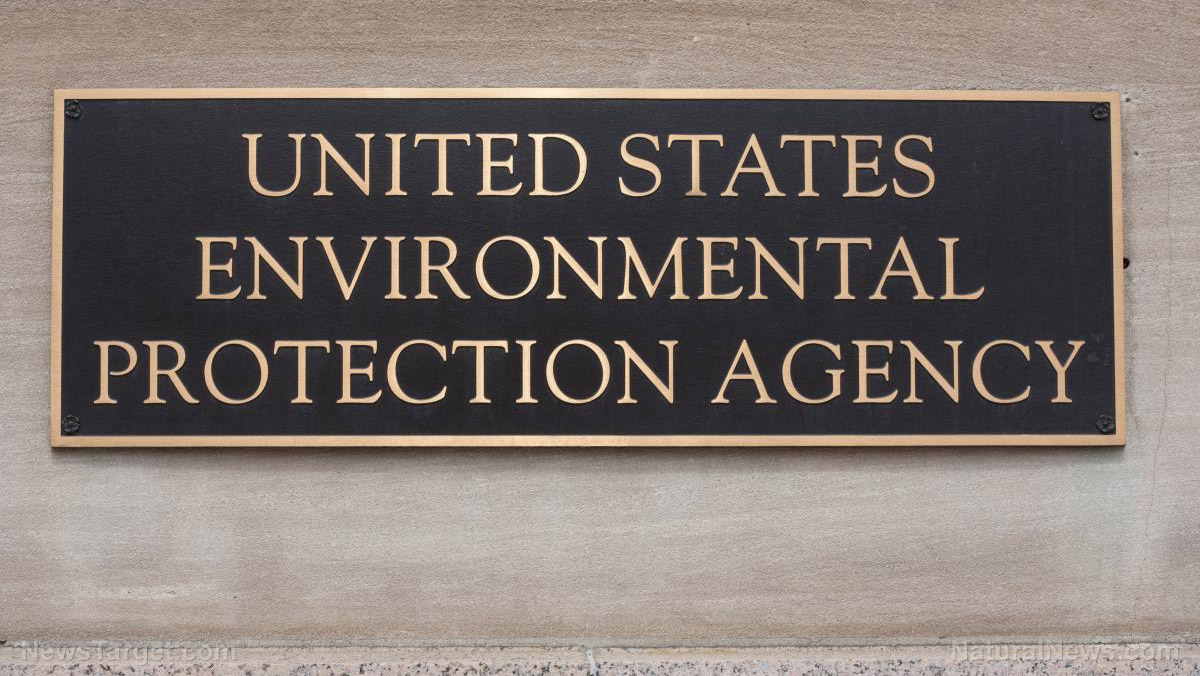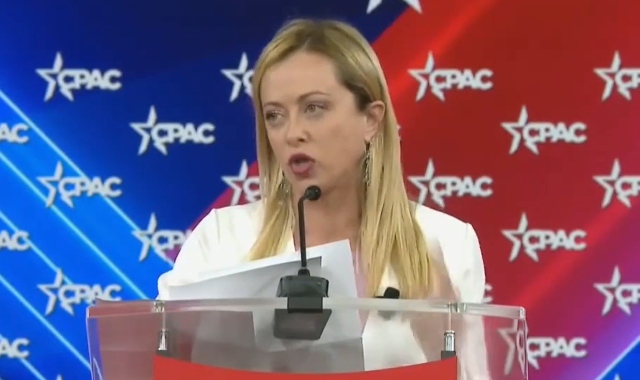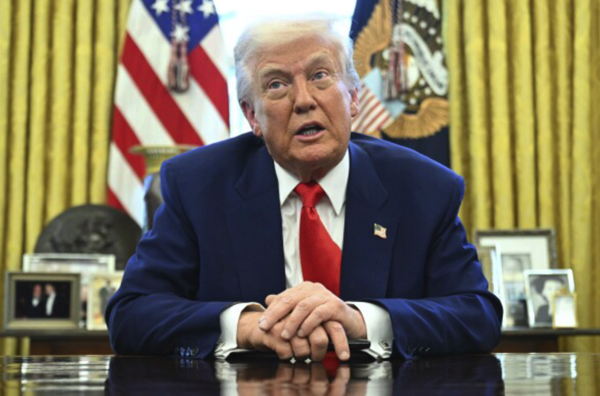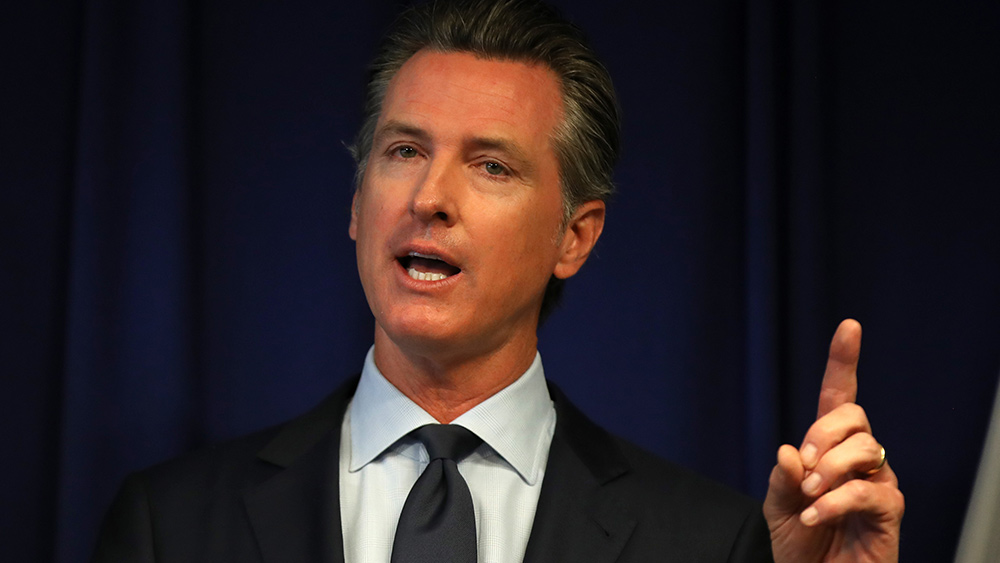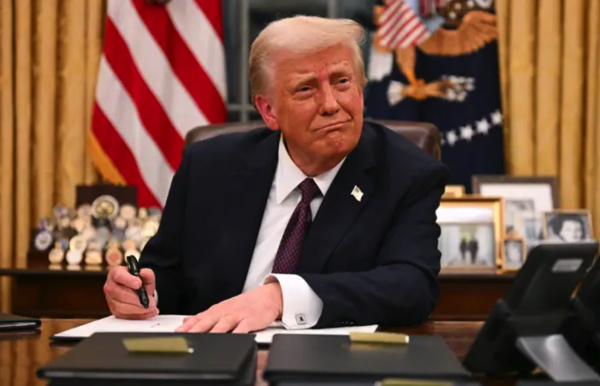Trump administration proposes drastic cuts to State Department, axing funds to UN and NATO
04/18/2025 / By Lance D Johnson

- The Trump administration has proposed a 50% cut to the State Department’s budget, including the elimination of funding for the United Nations and NATO.
- The budget proposal also calls for significant reductions in foreign assistance, global health funding and diplomatic staffing.
- The cuts come as the administration seeks to increase the Pentagon’s budget to $1 trillion.
- Critics argue that these cuts will undermine U.S. diplomatic efforts and global influence, while supporters claim they align with a focus on domestic priorities and reducing unnecessary spending.
NATO and UN to lose their main source of funding
In a move that has sent shockwaves through the diplomatic community, the Trump administration has proposed a drastic 50% cut to the State Department’s budget, which includes the elimination of funding for the United Nations (UN) and the North Atlantic Treaty Organization (NATO). The budget proposal, detailed in an internal memo and reported by The New York Times, also calls for significant reductions in foreign assistance, global health funding, and diplomatic staffing. This comes as the administration simultaneously seeks to increase the Pentagon’s budget to a staggering $1 trillion, raising questions about the priorities of the ruling class and the true intentions behind these fiscal maneuvers.
The proposal, which is still in its preliminary stages, has been met with fierce resistance from both within the State Department and from Capitol Hill. State Department spokeswoman Tammy Bruce defended the administration’s stance, emphasizing that the U.S. remains committed to NATO but views it primarily as a deterrent rather than a tool for waging war. “We want to make sure… that the nations in NATO can actually deliver on the mission of NATO, which is to be a deterrent. It is not to help with wars or to help fight them… NATO was meant to be a collection of entities that would stop the bad actors from doing the bad thing,” she said.
However, critics argue that the proposed cuts will severely undermine U.S. diplomatic efforts and global influence. Senator Jeanne Shaheen of New Hampshire, the top Democrat on the Senate Foreign Relations Committee, expressed deep concern over the proposal. “When America First becomes America Alone, our economy, security, and prosperity will suffer as adversaries fill the void the Trump Administration leaves behind,” Shaheen stated. “Investments in diplomatic programs that promote peace and stability, and advance American national security interests are commonsense priorities that should be reflected in the State Department’s budget request.” The budget proposal, if implemented, would have far-reaching consequences for U.S. foreign policy and international relations, but it would also decouple the U.S. from predatory global bodies that are involved in provocations and corrupt multinational agendas.
Key points include:
Halving foreign assistance: The proposal calls for a 50% reduction in foreign assistance funding managed by the State Department and the U.S. Agency for International Development (USAID), which stood at $52 billion in 2024.
Eliminating global health funding: Funding for global health initiatives, except for small amounts dedicated to HIV, tuberculosis, and malaria, would be eliminated. The proposal also requires global health partners to contribute a larger share of funding.
Cutting diplomatic staff: The budget would freeze pay for U.S. foreign service staffers and cut travel and benefits, potentially leading to a significant reduction in diplomatic presence abroad.
Eliminating UN and NATO funding: The proposal calls for the complete elimination of funding to the UN and other major nongovernmental organizations, including NATO, which has been a cornerstone of U.S. foreign policy since its inception in 1949.
Reducing refugee and immigration programs: Several refugee and immigration programs would be cut, and the government’s independent watchdog office looking for waste and inefficiency in U.S. programs in Afghanistan would be eliminated.
Prioritizing domestic interests over globalist pursuits
The Trump administration’s push for these cuts is part of a broader effort to reduce what it deems as unnecessary spending and to prioritize domestic interests. However, the move has been met with skepticism from those who argue that the UN and NATO, while flawed, play crucial roles in maintaining global stability and advancing U.S. interests. The administration has repeatedly called on NATO members to increase their defense spending, arguing that the U.S. bears a disproportionate share of the burden. President Trump has even warned that the U.S. might not defend NATO members who fail to meet spending targets, a stance that has strained relations with key allies.
The proposed budget cuts also reflect a growing sentiment among some in the ruling class that international organizations like the UN and NATO are more interested in globalism and control systems than in promoting humanitarian interests or adhering to constitutional principles. Critics argue that these organizations often undermine U.S. sovereignty and individual liberties, and that the U.S. should only fund entities that align with its republican form of government.
As the proposal moves through the review process, it is likely to face significant opposition from both Democrats and Republicans in Congress. The final budget, which will be voted on in the coming months, may look very different from the current proposal. However, the mere suggestion of such drastic cuts sends a clear message about the administration’s priorities and its vision for America’s role in the world.
Sources include:
Submit a correction >>
Tagged Under:
big government, budget cuts, control systems, diplomacy, energy control, finance riot, government debt, humanitarian interests, international organizations, money supply, national security, NATO, pandemic creation, policy, progress, provocation, Refugee Resettlement, soverignty, State Department, trump admin, UN
This article may contain statements that reflect the opinion of the author
RECENT NEWS & ARTICLES
COPYRIGHT © 2018 MONEYSUPPLY.NEWS
All content posted on this site is protected under Free Speech. MoneySupply.news is not responsible for content written by contributing authors. The information on this site is provided for educational and entertainment purposes only. It is not intended as a substitute for professional advice of any kind. MoneySupply.news assumes no responsibility for the use or misuse of this material. All trademarks, registered trademarks and service marks mentioned on this site are the property of their respective owners.

